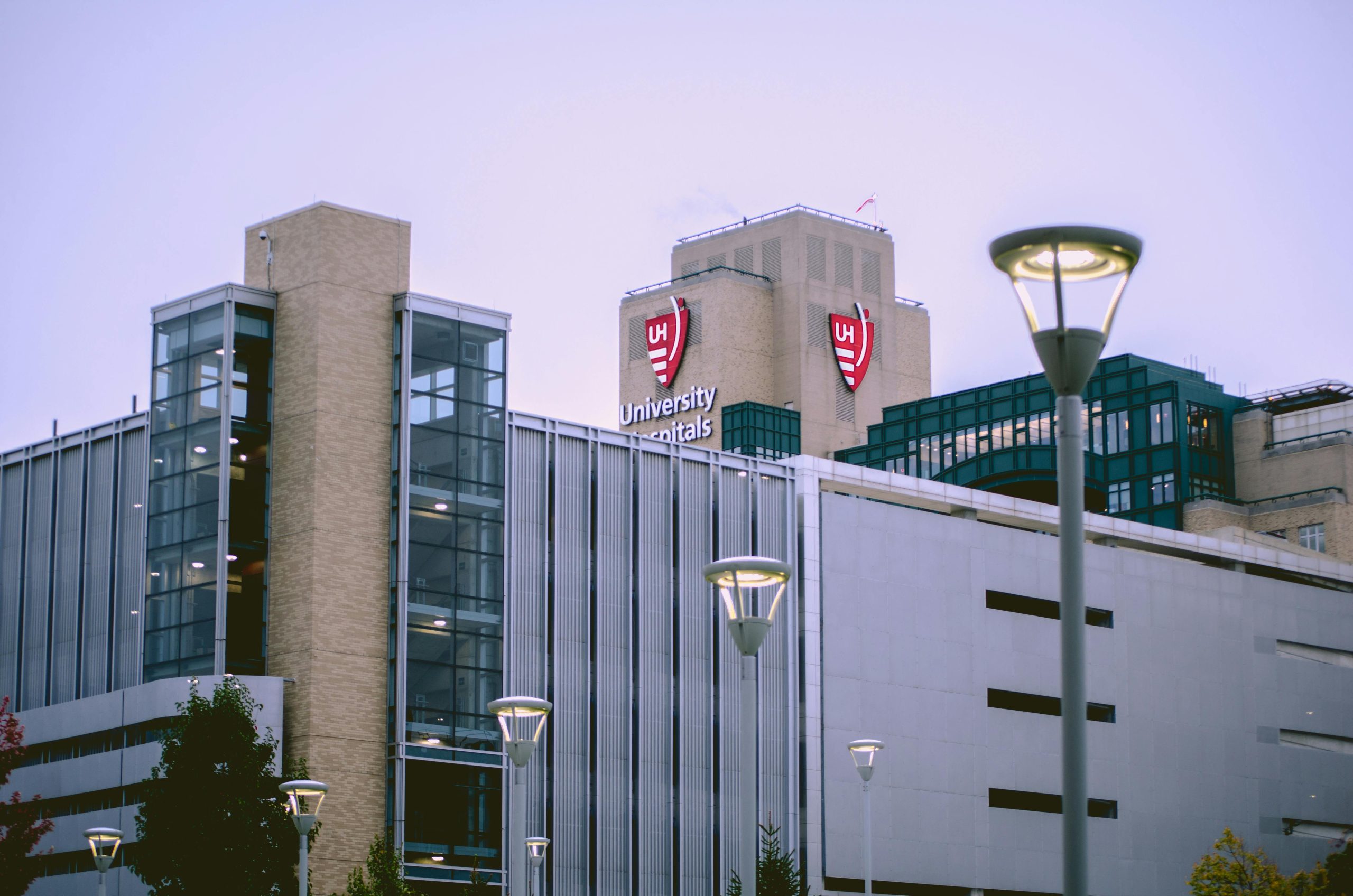 Navigating the complexities of workers’ compensation claims can be challenging, especially when subsequent health issues and leaves of absence are involved. A recent case highlights the importance of understanding the nuances of Louisiana workers’ compensation law and the critical role of proving causation in obtaining benefits.
Navigating the complexities of workers’ compensation claims can be challenging, especially when subsequent health issues and leaves of absence are involved. A recent case highlights the importance of understanding the nuances of Louisiana workers’ compensation law and the critical role of proving causation in obtaining benefits.
Jerry Neal, Jr., a radiology technician, sustained a back injury while lifting a patient at St. Tammany Parish Hospital in 2014. He returned to work on modified duty and eventually full duty. However, he re-injured his back in a similar incident in 2015. Again, he was placed on modified duty but later took a leave of absence for an unrelated neck surgery. When his leave expired, he was terminated because he was not medically cleared to return due to his neck, not his back. Subsequently, he filed for workers’ compensation benefits, claiming he was unable to work due to his back injury.
The court’s decision hinged on whether Mr. Neal’s inability to work was directly caused by his work-related back injury or his non-work-related neck surgery. The court also examined whether he was entitled to temporary total disability (TTD) or supplemental earning benefits (SEB).
Key Takeaways from the Ruling:
- Clear and Convincing Evidence for TTD: To receive TTD benefits, an employee must prove by clear and convincing evidence their inability to engage in any employment due to the work-related injury. Mr. Neal’s doctor testified that he could have performed the modified-duty work offered, thus undermining his TTD claim.
- SEB Eligibility: SEB benefits are available when an employee cannot earn 90% or more of their pre-injury wage due to a work-related injury. The court emphasized that the employee must prove the work-related injury, not another cause, led to the wage loss. Mr. Neal’s voluntary leave for neck surgery was deemed the reason for his inability to work, not his back injury.
- Doctor’s Testimony and Modified Duty: The court considered the doctor’s testimony that Mr. Neal could have performed modified duty and that his work restrictions were related to his duties as a radiology technician. This further supported the denial of benefits.
This case underscores the critical importance of establishing a clear causal link between a work-related injury and any subsequent inability to work. If an employee’s absence from work is due to an unrelated medical issue, even if they have a pre-existing work-related injury, they may not be eligible for workers’ compensation benefits. It also highlights the importance of understanding the specific requirements for TTD and SEB benefits and providing sufficient evidence to meet the burden of proof.
Additional Sources: JERRY HEAL SR. VERSUS ST. TAMMANY PARISH HOSPITAL
Written by Berniard Law Firm
Other Berniard Law Firm Articles on Workers Compensation Issues: 1010 Form Required For Company To Cover Medical Expenses in Workers Compensation and Worker Did Not Commit Fraud In Pre-Work Medical History Questionnaire
 Insurance Dispute Lawyer Blog
Insurance Dispute Lawyer Blog

